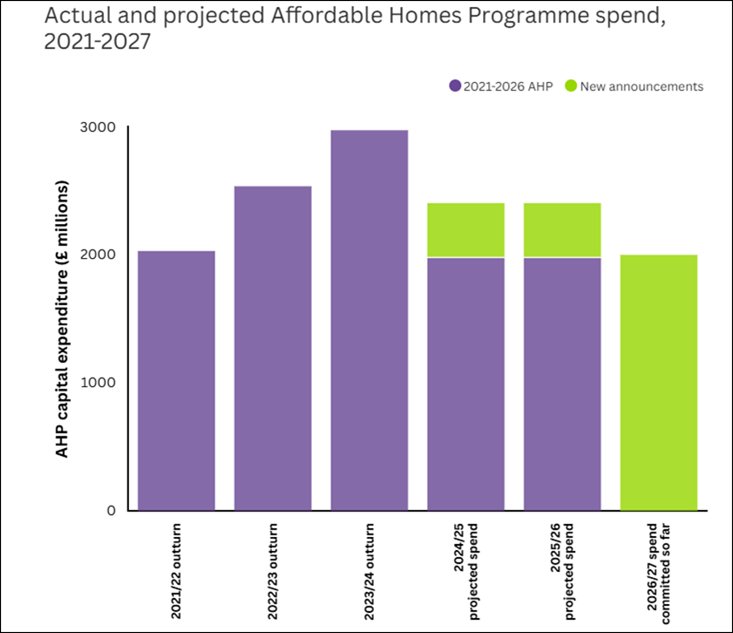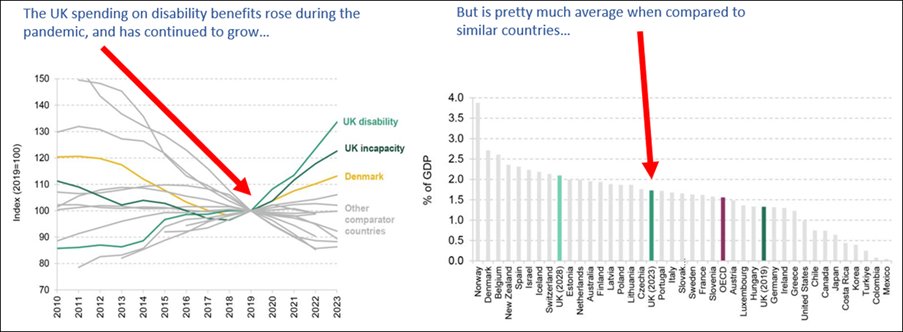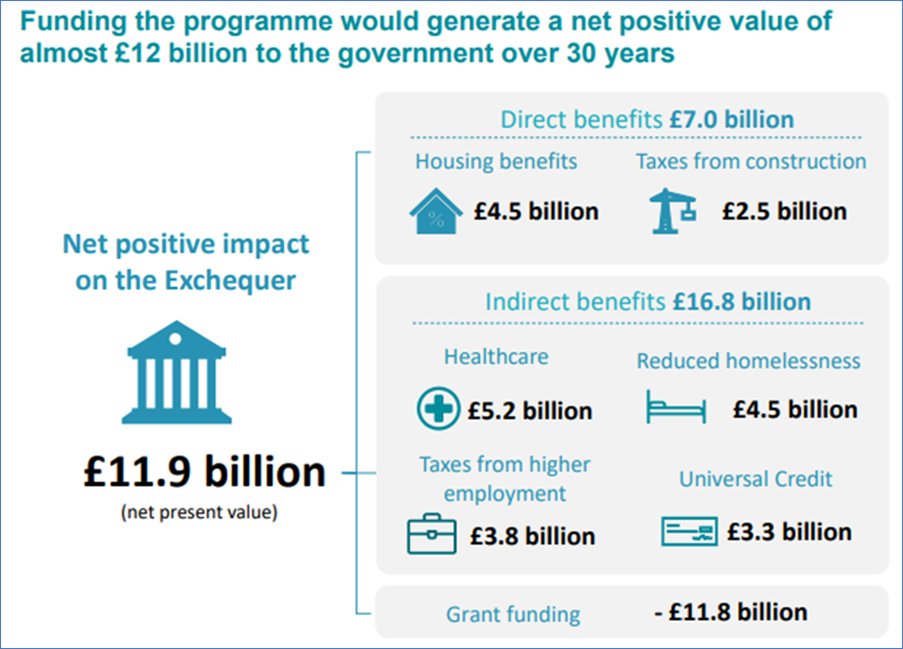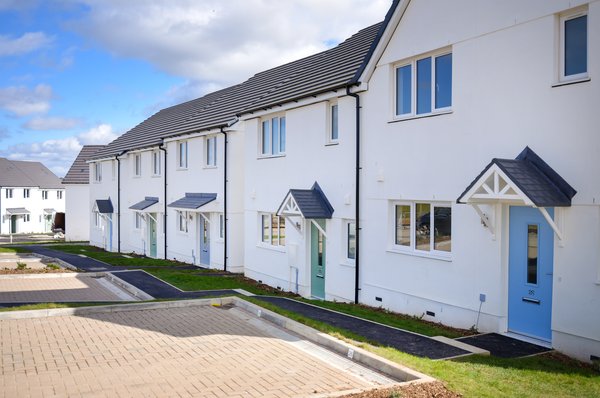In his latest opinion piece, CEO of Coastline Housing Allister Young talks about the real-world impact of recent government changes to welfare payments and funding. He puts forward how a different approach could improve people’s lives and reduce the financial burden on the country.
The government’s March budget isn’t ‘news’ any more. It happened more than a month ago, and the ‘news cycle’ moves on within a week. But there were a couple of announcements in the budget that were important for us and our customers that have long term impacts and are worth reflecting on, even if they’re not ‘news’ any more.
First of all, on the positive side, the government announced an extra £2 billion of funding for building affordable homes. This sounds like a lot of money, and it was definitely very welcome. But (you probably knew there was a ‘but’ coming), £2 billion is pretty much the average annual funding we’ve seen from government for the delivery of new affordable homes. We know that so far that hasn’t been enough to provide the affordable homes this country needs, which means it’s unlikely to be enough to deliver the long term change we need to see as part of a long term plan to end the housing crisis. I’ll come back to that later in this update…

Secondly, much more questionably, the government announced significant changes to welfare payments, particularly around out of work and disability related support. Some parts of Universal Credit became more generous, but allowances for people who are unable to work became much less generous.
Overall the changes will reduce spending by £4.8 billion a year. It’s clear why the government felt they needed to make changes. Like other similar countries, the UK’s spending on out of work benefits (and particularly those that relate to ill-health) increased during the Covid-19 pandemic. Unlike other countries, the UK’s expenditure has remained higher than it was before (although we still spend less than most similar countries).

That £4.8 billion is a big number. So big that it’s difficult to grasp what it means in real terms for the people that are impacted. So to help, I’ll put it in a way that is more likely to be meaningful, by looking at how much it impacts people over the course of a year: a couple in work on Universal Credit can expect to be about £370 a year better off; a couple who don’t work, where one cares for the other, will be £12,700 a year worse off. Ouch.
I find the whole situation very frustrating. Changes as significant as these to something as important as welfare support need to be carefully thought through and come with a long term plan, and not be driven by a desire to find quick budget savings.
For example, a scheme in Belgium to offer job coaching and in-work support to disability benefit recipients lead to an 8% increase in people in work, and a 10% reduction in the benefits that they received from the government. But to achieve that took long term thinking and investment up front. That isn’t what we have seen here. The independent Office for Budgetary Responsibility (OBR) said it was given “very limited time” to consider the potential impact of the change (to say nothing of its initial view that there is no evidence that the cuts will get more people into work).
To be fair, the government did also announce £1 billion of funding for employment support in the budget. But the OBR has said that no clear plans are in place for how this will be spent, showing that the drive has been to find cuts, rather than think about how a different approach could improve people’s lives, and reduce the financial burden on the country.
It’s very similar to what we see in housing. As I said at the start of this update, the £2 billion of investment in affordable housing is welcome, but it was something of an emergency announcement, necessary to stop affordable house building coming to a shuddering halt up and down the country as the current funding programme came to an end.
What we need, if we want to see meaningful change to solve a housing crisis that has been decades in the making, is a proper long term housing strategy for the country. The government has promised to launch its housing strategy soon. I just hope its strategy recognises that long term thinking is essential. Research by CEBR for the National Housing Federation shows that every £1 invested in social housing generates £2 for the government over a 30 year period. But it takes 11 years for the investment to break even. And the average length of time a government has before its next elections comes up is quite a lot less than that…

